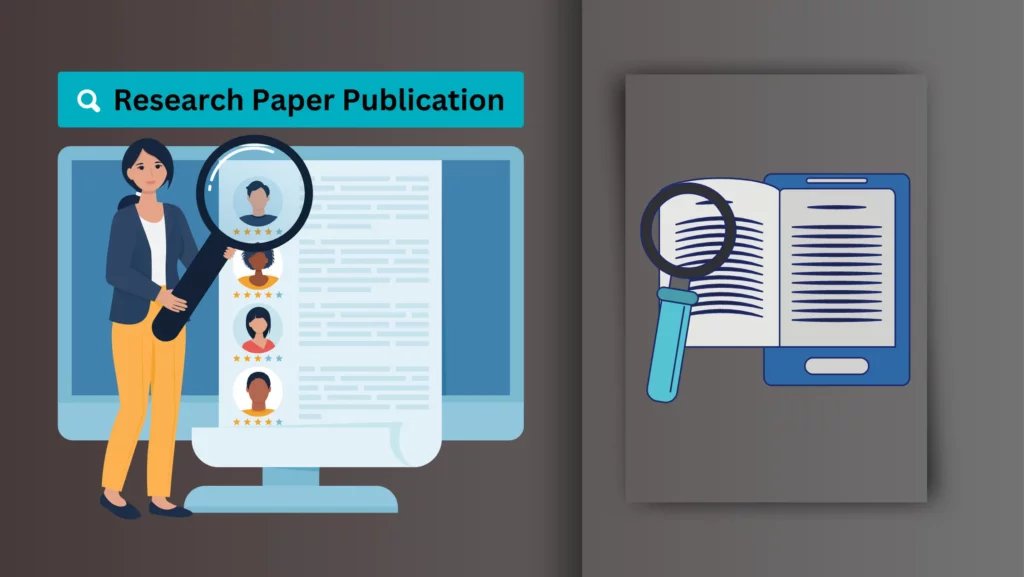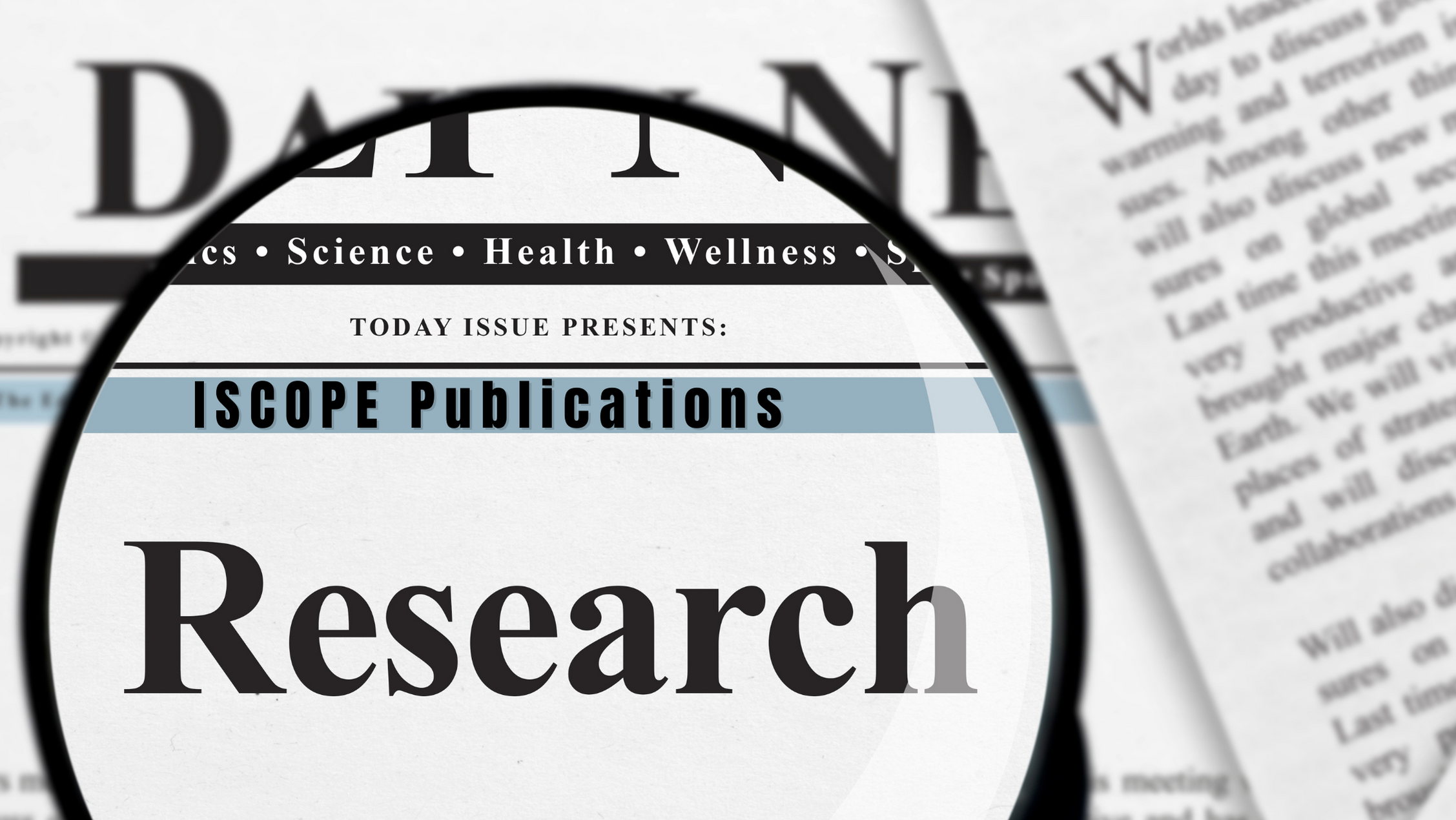Manuscript writing is a key but tricky part of research. It requires ethical awareness and conduct from researchers. There are many ethical concerns, such as etiquette, fraud, plagiarism, duplication, authorship, and conflict of interest. We will explain these concerns and how to deal with them.
Research paper publication is a crucial part of academic and scientific advancement. It also involves many ethical issues and dilemmas that researchers need to be aware of and address. In this blog post, I will discuss some of the common ethical issues and dilemmas in research paper publication and authorship, and how to avoid or resolve them responsibly.
The publication of research papers is a vital part of the scientific process. It allows researchers to share their findings with the world, and it helps to advance knowledge and understanding. The publication process can also be fraught with ethical challenges.

Ethical Issues of Research Paper Publication
Research Paper Publication is Plagiarism
One of the most common ethical issues in research paper publication is plagiarism. Plagiarism is the act of using someone else’s work without giving them credit. It can involve copying text, images, or ideas from another source without attribution. Plagiarism is a serious offense, and it can have serious consequences for both the plagiarizer and the journal that publishes the plagiarized work.
Research Paper Publication is Ghost Authorship
Another common ethical issue in research paper publication is ghost authorship. Ghost authorship occurs when someone who has made a significant contribution to a research project is not listed as an author.
This can happen for a variety of reasons, such as when the person is not a tenured faculty member or when they are not a native English speaker. Ghost authorship can be misleading to readers, and it can also deprive the person who made the contribution of the recognition they deserve.
Honorary Authorship
Honorary authorship is another ethical issue in research paper publication. Honorary authorship occurs when someone is listed as an author of a research paper even though they did not make a significant contribution to the project.
This can happen for a variety of reasons, such as when the person is a senior faculty member or when they are a major donor to the research project. Honorary authorship can be misleading to readers, and it can also deprive the people who made the real contributions of the recognition they deserve.
Data Manipulation
Data manipulation is another serious ethical issue in research paper publication. Data manipulation occurs when researchers change or fabricate data in order to support their findings. This can be done intentionally or unintentionally, but it is always a serious offense. Data manipulation can lead to the publication of false or misleading results, which can have serious consequences for the scientific community and for the public.
These are just a few of the ethical issues that can arise in research paper publication. It is important for researchers to be aware of these issues and to take steps to avoid them. By following ethical guidelines and by being transparent about their research, researchers can help to ensure that the publication process is fair and accurate.
Tips for avoiding ethical problems in research paper publication:
- Be clear about the criteria for authorship before you start your research project.
- Keep a detailed record of your contributions to the project.
- Get written permission from all authors before you submit your paper for publication.
- Be transparent about any potential conflicts of interest.
- Be aware of the ethical guidelines of the journals you are submitting your paper to.
What are some examples of ethical issues and dilemmas in research paper publication and authorship?
Some examples are honorary or gift authorship, ghost authorship, plagiarism, duplicate or redundant publication, data fabrication or falsification, conflict of interest, and authorship disputes.
What are the criteria for authorship in research paper publication?
The criteria for authorship vary across disciplines, journals, and institutions, but generally they include substantial contributions to the conception, design, execution, or interpretation of the research, as well as drafting, revising, approving, and being accountable for the paper.
How can researchers avoid or resolve ethical issues and dilemmas in research paper publication and authorship?
Researchers can avoid or resolve ethical issues and dilemmas by following the best practices for attribution and citation, such as discussing and agreeing on the criteria and order of authorship, acknowledging anyone who contributed to the research but does not qualify for authorship, disclosing any potential conflicts of interest or funding sources, communicating openly and respectfully with all co-authors and collaborators, and seeking guidance from journal editors, institutional policies, or professional associations.
Conclusion
Research paper publication and authorship involve many ethical issues and dilemmas that researchers need to be aware of and address. By following the best practices for attribution and citation, researchers can avoid or resolve these issues and dilemmas responsibly.
This will not only benefit their own academic and scientific careers, but also the wider research community and society.
If you want to learn more about the ethical issues and dilemmas in research paper publication and authorship, and how to deal with them effectively, you can visit the websites for more information and guidance:
